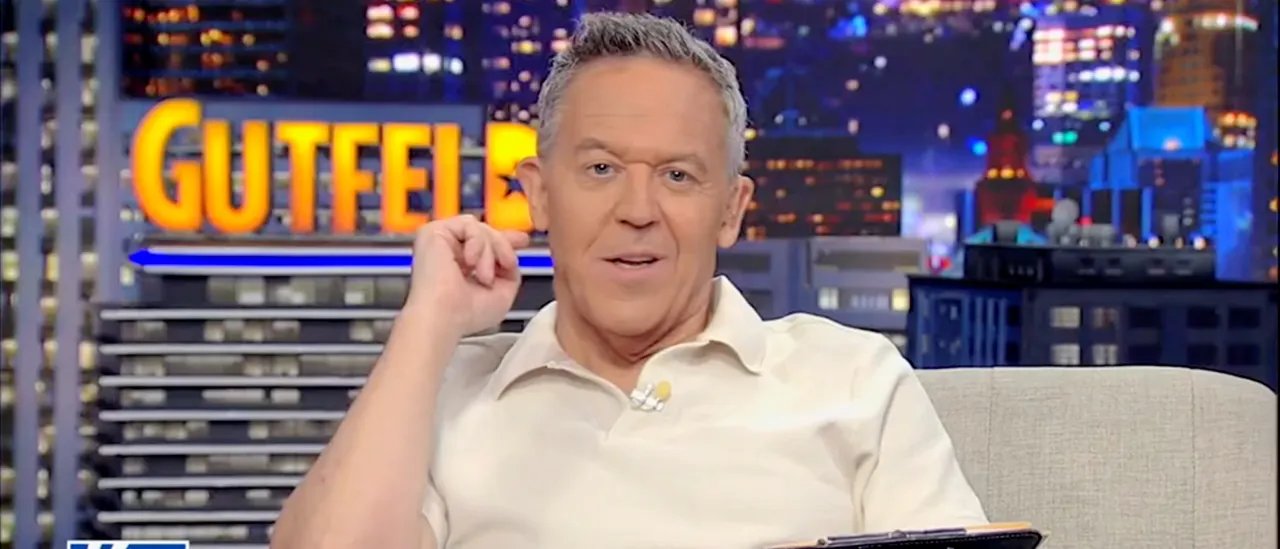Acosta Interviews AI Version of Parkland Victim
Former CNN anchor Jim Acosta is no stranger to political chaos. Recently, he shared an intriguing teaser about an interview with Joaquin Oliver, a victim of the tragic 2018 school shooting in Parkland, Florida. This interview was published on his YouTube channel.
Oliver’s parents, Manuel and Patricia, have created an AI representation of their son to convey a significant message regarding gun violence. Acosta expressed that this interview is not one to be missed, airing at 4 PM ET/1 PM PT.
A show you don’t want to miss with 4p ET/1p PT. I have one of my kind interviews with Joaquin Oliver. He died in a 2018 shooting at Parkland School. However, his parents created an AI version of their son to deliver a powerful message about gun violence. Plus Texas…
Acosta made a point to clarify that while AI can mimic forms of humans, it can’t replicate a specific individual. His interaction with the AI, which sports Oliver’s likeness, was limited.
There’s been a lot of discussion and even some criticism directed at Oliver’s parents for their choices. It raises poignant feelings: “If I could just have him back. If only things were like they used to be.”
Though Acosta isn’t personally grieving, he has spent a significant part of the last decade scrutinizing former President Donald Trump. It’s true, amidst those conflicts, his judgment has sometimes been questioned.
In the interview, Acosta asks the AI version of Oliver, “Could you tell us what happened?” The AI responds, “I was taken from this world too soon due to gun violence while at school, and it’s crucial to address these matters.”
Speaking of AI, large language models analyze vast amounts of text, assessing various aspects like grammar and emotion. From that, they generate responses based on likelihood. Chatbots, for example, learn from previous questions and adapt their interactions accordingly.
Digital necromancy will become one of the modern horrors given to us by AI. People already have emotional relationships with chatbots, but just wait until they can scrape off your dead loved one’s social media.
However, details regarding the training data for the AI version of Oliver remain scarce, and the responses feel somewhat generic. The AI expresses interests like basketball and superheroes, seemingly lacking the raw authenticity of a teenage boy’s voice.
Acosta’s interview serves a somewhat controversial purpose beyond mere curiosity. He seems to use the situation to bolster political arguments about gun control. He presses for solutions to gun violence while the AI offers, “I believe in a mix of stronger gun laws, mental health support, and community engagement.”
While Oliver may have held similar views in life, it’s difficult to ascertain whether the AI’s responses accurately reflect his beliefs. The segment feels less like an exploration of Oliver’s opinions and more like a vehicle for advocating for specific policies, taking advantage of the emotional weight surrounding a young life lost too soon.
This approach isn’t entirely unique. Others have utilized similar strategies before, like Christopher Perky’s AI-generated statement at a court hearing that used his voice to convey forgiveness toward his murderer.
AI-generated presentations might indeed find their way into legal contexts, raising ethical questions. Such technology, reminiscent of deep-seated myths of resurrection, invites its own share of caution as we tread into areas where the boundaries of life and memory can blur.
Proceeding with care is essential, especially when dealing with the “voices” of those no longer with us.







